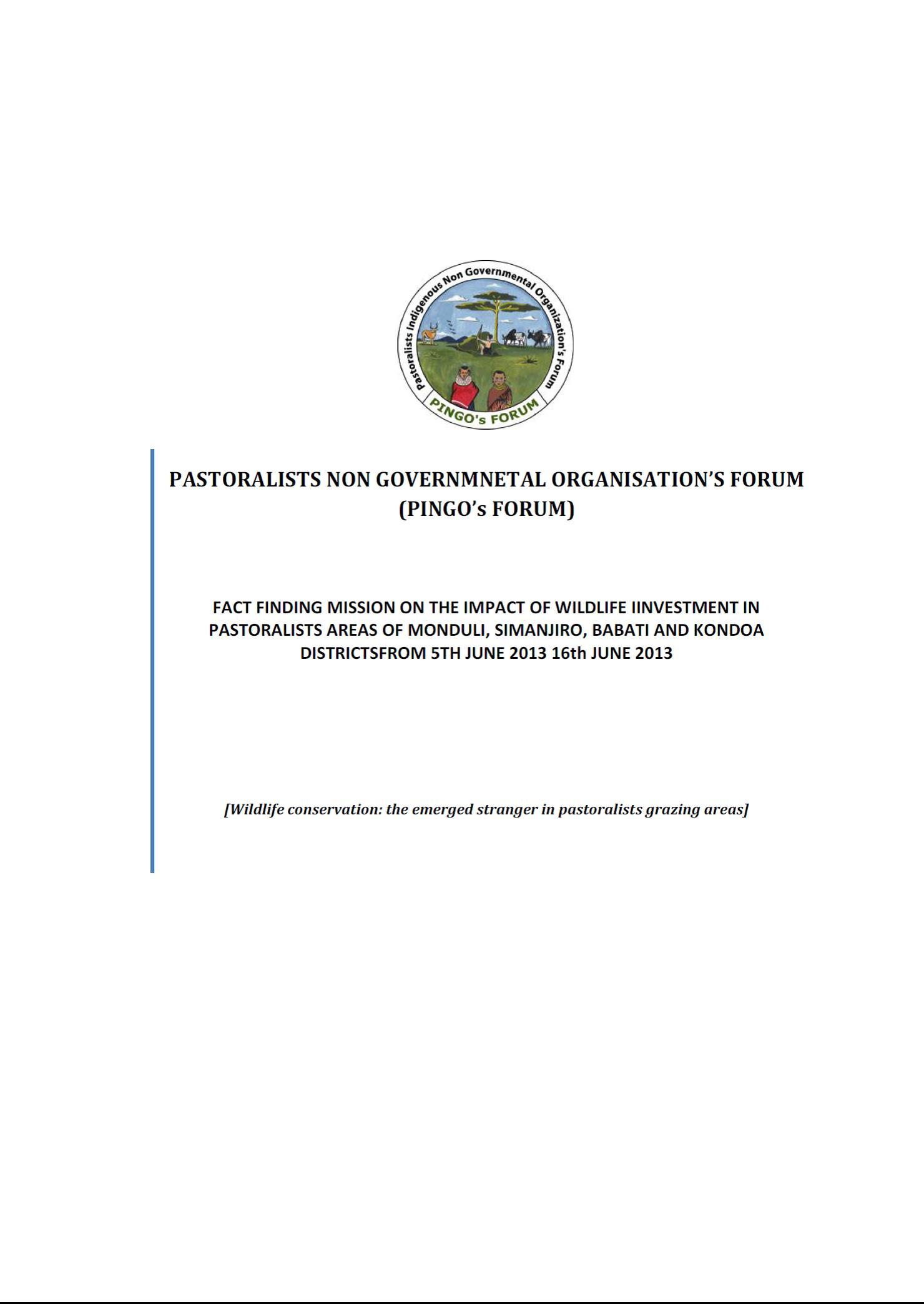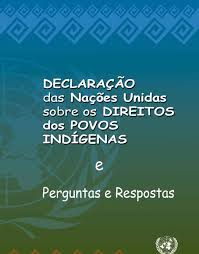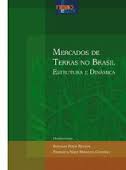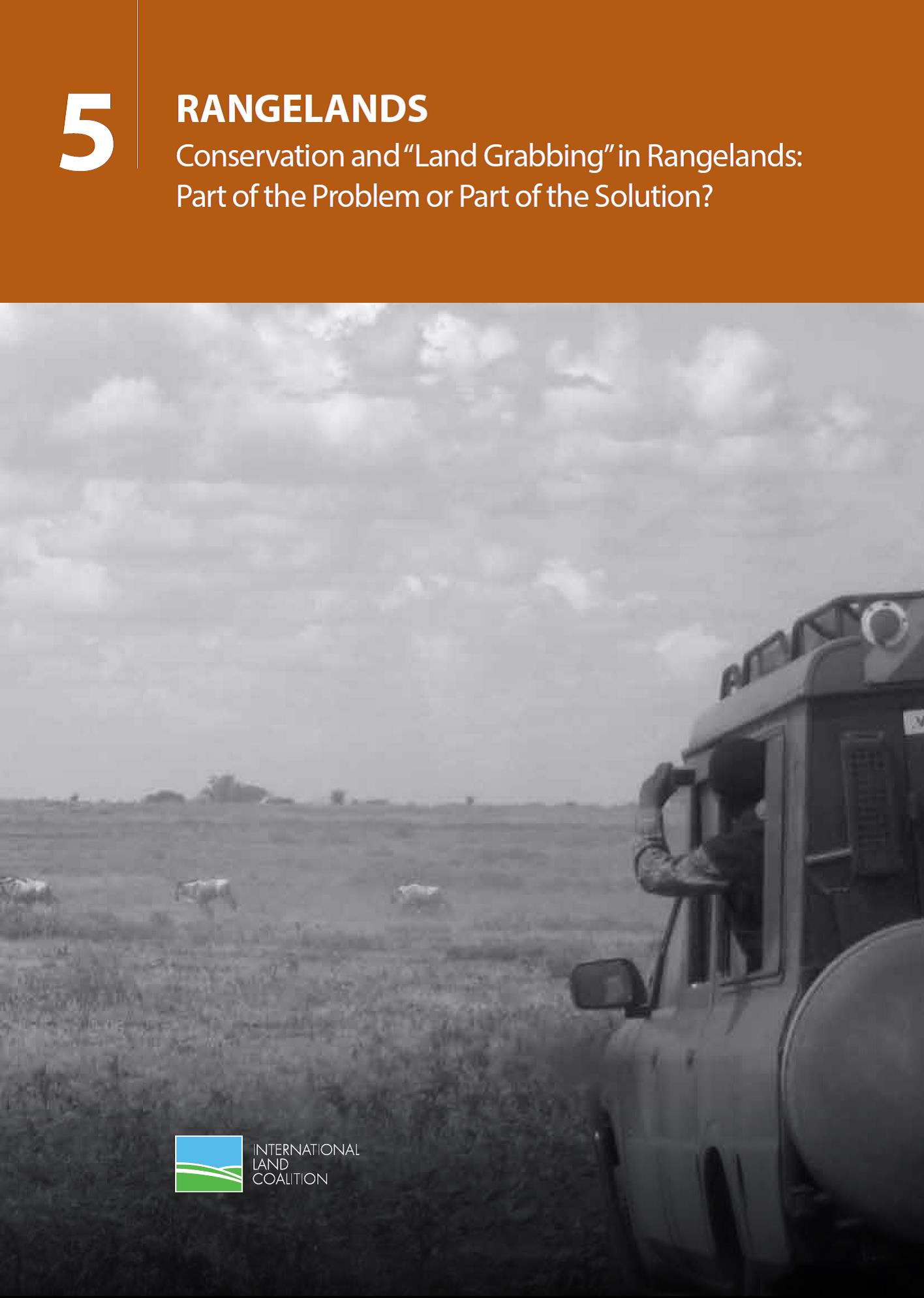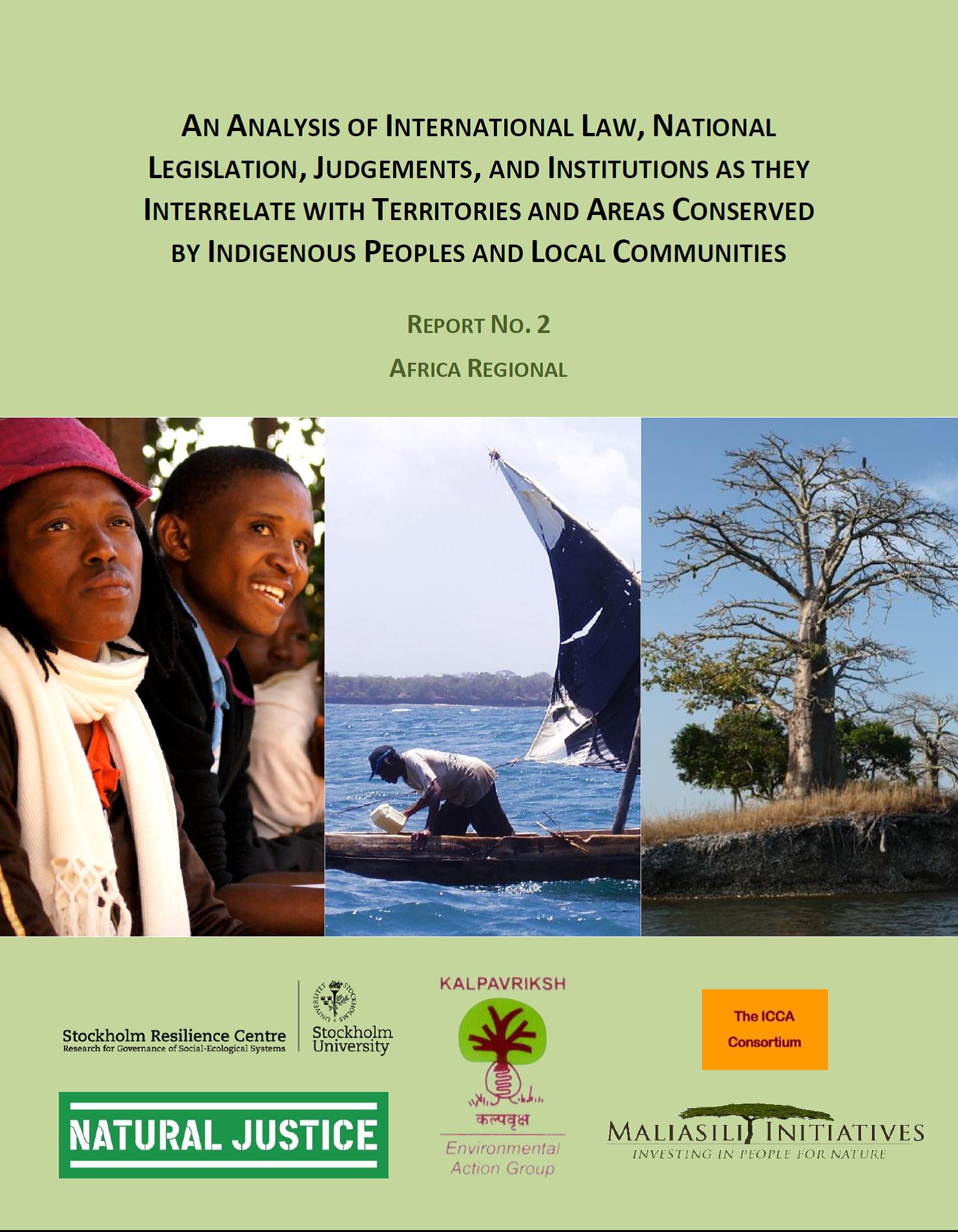Indigenous people are losing their livelihood
In many Asian, African, and South American nations, indigenous people are being driven from their homes: Government authorities are leasing hundreds of thousands of hectares of land belonging to indigenous people who only in the rarest of cases possess deeds to the land that are recognised by the authorities. Although in many cases their ancestors have lived on the land for centuries, these rights were never recorded in the land registries. The way of life and the livelihood of many indigenous peoples are severely threatened by their land being sold off.





